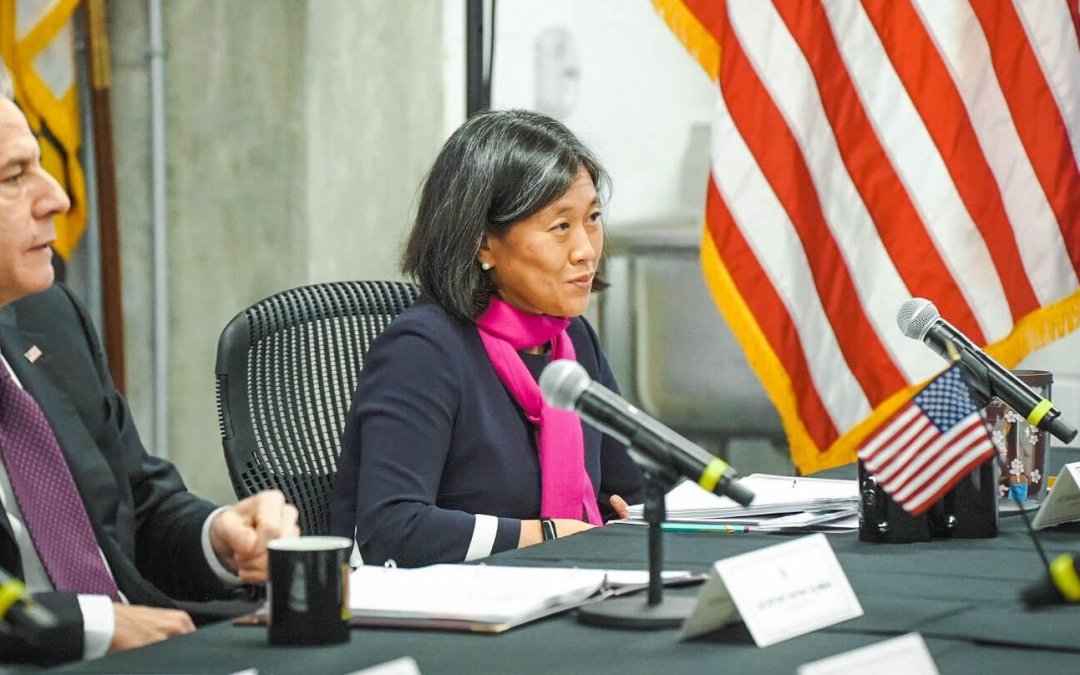WASHINGTON – The Biden administration announced a broad national strategy to provide resources and justice for Asian Americans, Native Hawaiians and Pacific Islanders in the wake of recent hate crimes and lack of reliable data on the communities.
The plan announced Tuesday covers 32 government agencies, including all 15 of the executive departments in the president’s Cabinet – the first of its kind in the federal government, the administration said.
“Together we can show how government can be a force for good in the lives of everyday people,” Katherine Tai, U.S. trade representative, said during a Zoom event launching the initiative.
The White House Initiative on Asian Americans, Native Hawaiians, and Pacific Islanders was established by President Biden through executive order 14031 in May 2021. The same order mandated a government-wide plan “outlining measurable actions the agency is considering or will take to advance equity, justice, and opportunity” for such populations.
The strategy comes amid the influx of violence and racism toward Asians and Asian Americans during the COVID-19 pandemic. The report draws from FBI statistics, which found that anti-Asian hate crimes increased 73 percent from 2019 to 2020.
Just last week, an Indiana University student of Asian descent was stabbed by a 56-year-old white woman while they were riding bus in Bloomington, Ind. The woman, who was charged with attempted murder, allegedly told investigators she stabbed the victim because she was Chinese, saying “it would be one less person to blow up our country.”
“Over the last few years of the pandemic we have seen a disturbing uptick in violence and hate disproportionately affecting Asian American women and elders,” said actor Daniel Dae Kim, who serves on the president’s advisory commission for Asian Americans. “Our communities have experienced pain and trauma with lasting mental health impacts.”
Each of the participating 32 agencies submitted an “action plan” to address challenges confronting Asian Americans and Pacific Islanders, including workplace discrimination, language barriers and a lack of data.
“These commitments are bold, ambitious, and obtainable,” said Tai.
One of the goals of the strategy is to better understand and report hate crime statistics by more effectively gathering data on Asian communities. Additionally, the strategy calls on holding roundtable discussions across the country; making federal hate crime resources more accessible; and ensuring government information is supplied in multiple Asian languages.
During his presidential campaign, President Biden promised to “recognize and serve the myriad of challenges” facing the various groups of Asian Americans.
In his first year in office, Biden signed the COVID-19 Hate Crimes Act into law; issued an executive order to address diversity in the federal workforce; and signed a memorandum to ensure the federal government stands up against racism.
Speakers at the kickoff event pledged that the initiative was just the beginning of addressing issues of inclusion and justice for Asian Americans and encouraged the support of the public.
“My ask of all of you is simple: be our partners,” said Xavier Becerra, secretary of the Department of Health and Human Services. “Continue to stand with us. Let’s build on this momentum together.”


